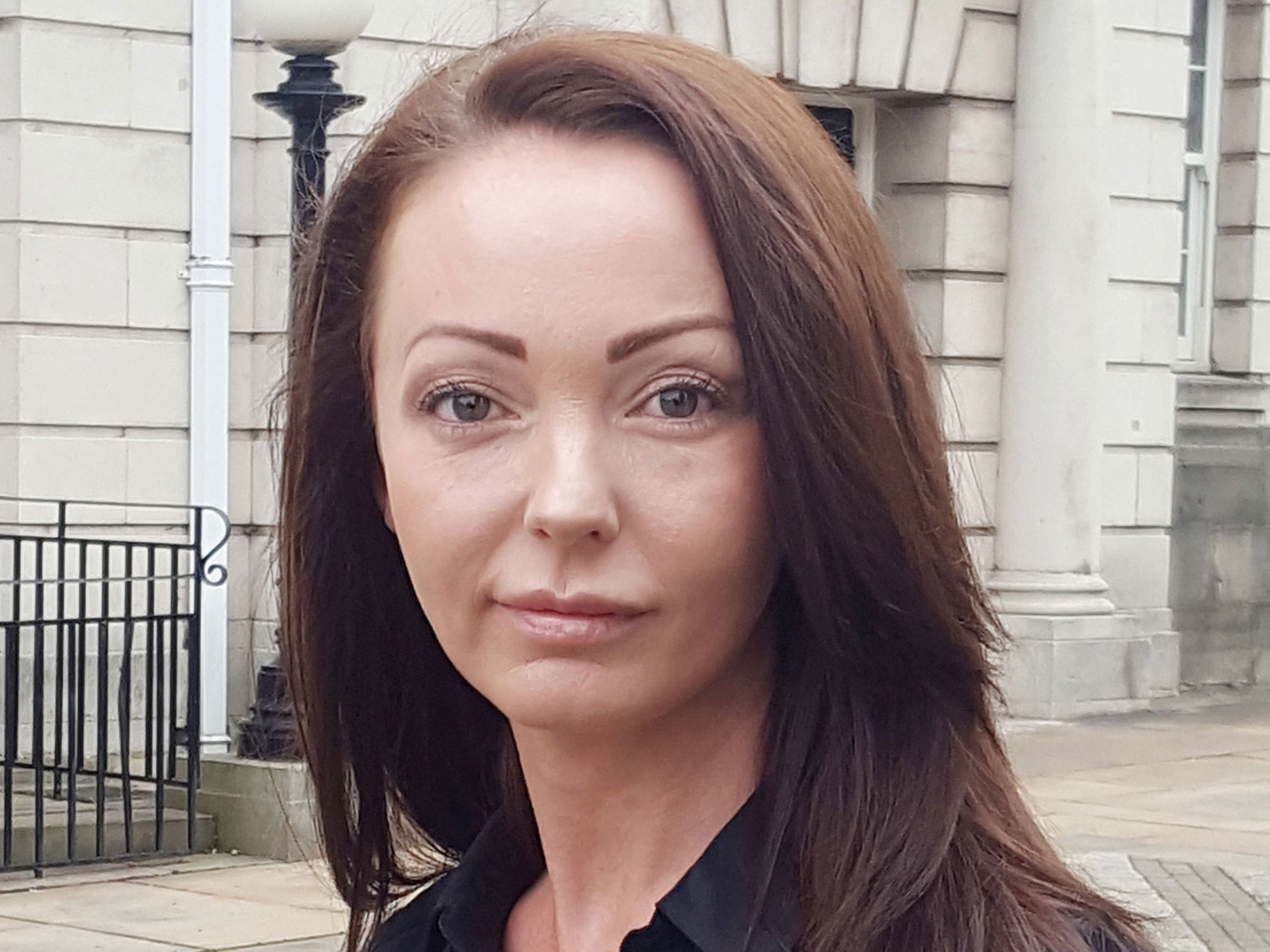Child sex abuse survivors reveal damage to mental health, education and careers
Research illustrates ‘devastating and often life-long impact’ of exploitation and violence

Your support helps us to tell the story
From reproductive rights to climate change to Big Tech, The Independent is on the ground when the story is developing. Whether it's investigating the financials of Elon Musk's pro-Trump PAC or producing our latest documentary, 'The A Word', which shines a light on the American women fighting for reproductive rights, we know how important it is to parse out the facts from the messaging.
At such a critical moment in US history, we need reporters on the ground. Your donation allows us to keep sending journalists to speak to both sides of the story.
The Independent is trusted by Americans across the entire political spectrum. And unlike many other quality news outlets, we choose not to lock Americans out of our reporting and analysis with paywalls. We believe quality journalism should be available to everyone, paid for by those who can afford it.
Your support makes all the difference.Most survivors of child sexual abuse say their mental health is harmed by their experience, with more than a third suffering depression, research has found.
In total, 86 per cent said the abuse had a negative impact on their psychological wellbeing.
Of the 2,500 survivors that shared their experiences with the Truth Project, part of the Independent Inquiry into Child Sexual Abuse, 1,697 were analysed for the research and nearly half of them (45 per cent) said the abuse damaged their learning and careers.
Inquiry experts said the research showed abuse had a detrimental impact on all aspects of people’s lives long-term, “taking a toll on their mental and physical health, relationships, education and employment prospects”.
The study found:
- 11 per cent of participants were under four when the abuse started, and a further third (31 per cent) were between four and seven when it began.
- More than half of all survivors reported other forms of abuse. Physical abuse, such as being choked, punched or dragged by the hair, was most common. One in 10 were physically injured.
- Four in 10 – 39 per cent – experienced depression after being abused
- 7 per cent of girls became pregnant as a result of being sexually abused.
At least half said the abuse had damaged their relationships with others, and over a third (34 per cent) reported problems with trust and intimacy.
More than half (55 per cent) also did not report the abuse when it was happening.
Dru Sharpling, head of the Truth Project, said: “These statistics illustrate just how vulnerable children are to sexual abuse, and the devastating and often life-long impact it can have.
“It is important that society has a more open conversation if we are to better protect children in future.”
Sammy Woodhouse, a high-profile survivor of the Rotherham abuse scandal, who waived her anonymity, told the Local Government Chronicle that councils should be given more money to prevent abuse from happening.
She also urged greater enforcement of regulations of lap dancing and strip clubs.
In a new anthology of survivor experiences, one woman reports being branded a “scheming little Lolita” by a high court judge when giving evidence about her uncle.
The inquiry, chaired by Professor Alexis Jay, is examining the extent to which institutions and organisations failed to protect children in England and Wales from sexual abuse and will make recommendations for change.
Join our commenting forum
Join thought-provoking conversations, follow other Independent readers and see their replies
Comments